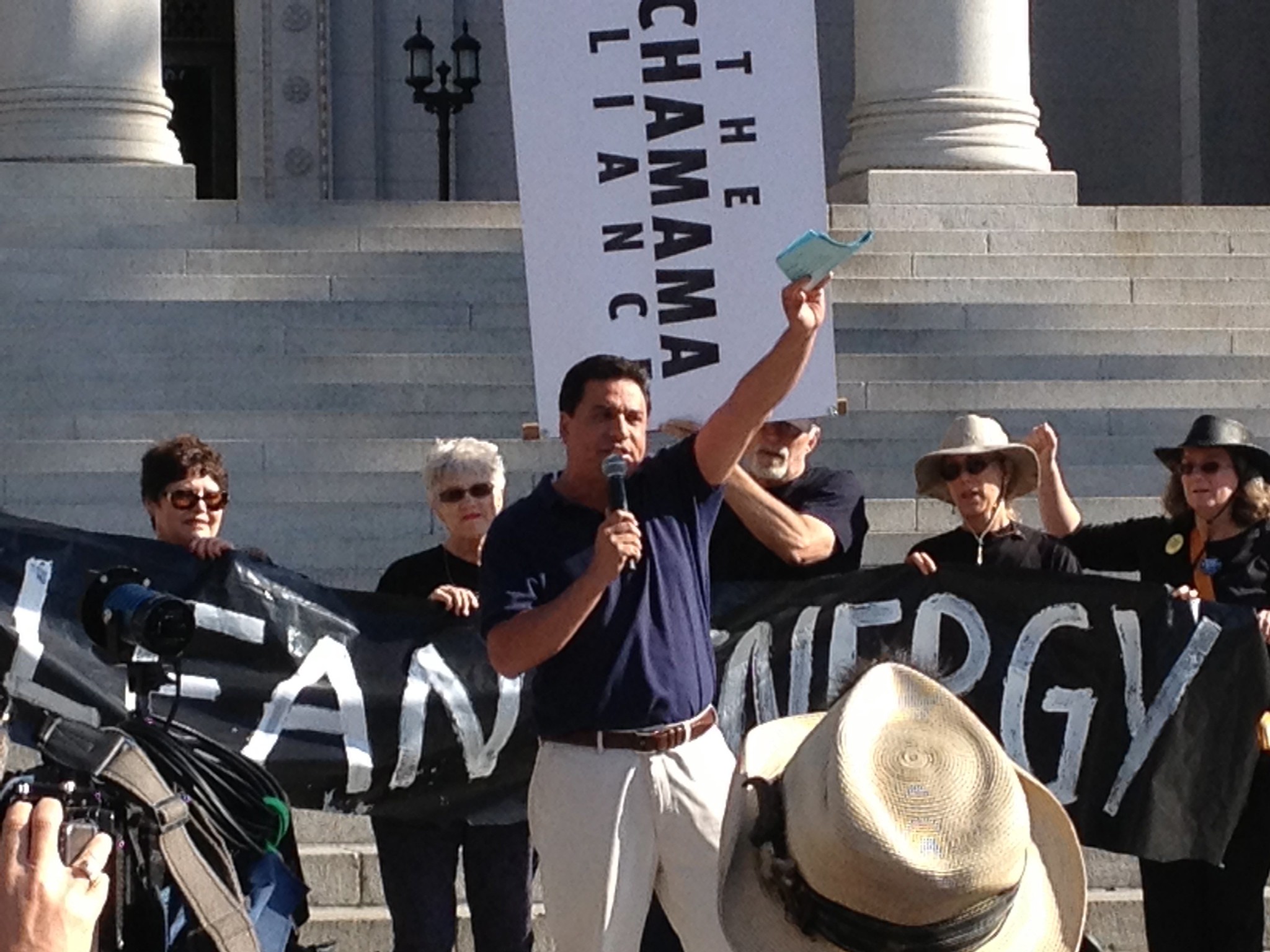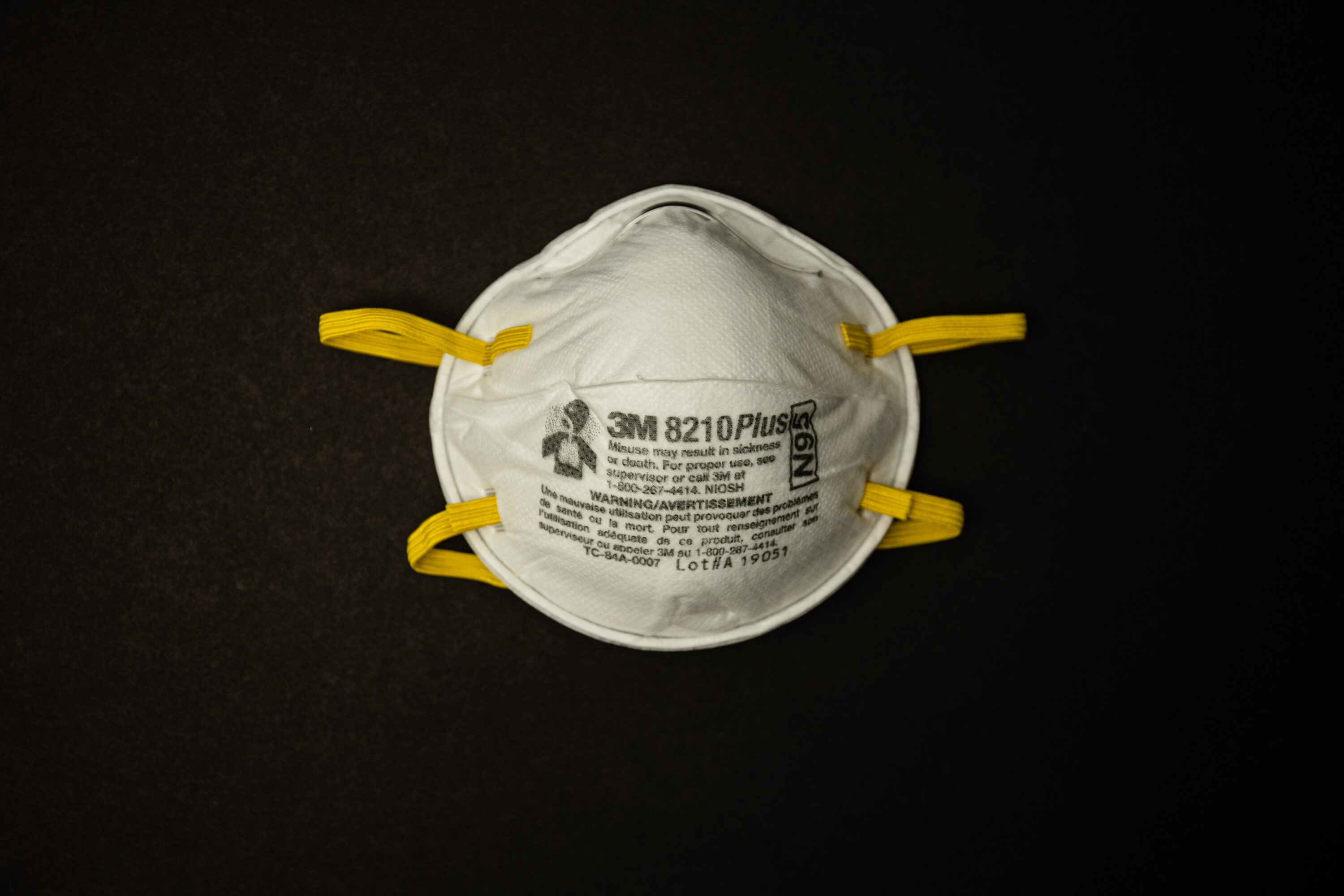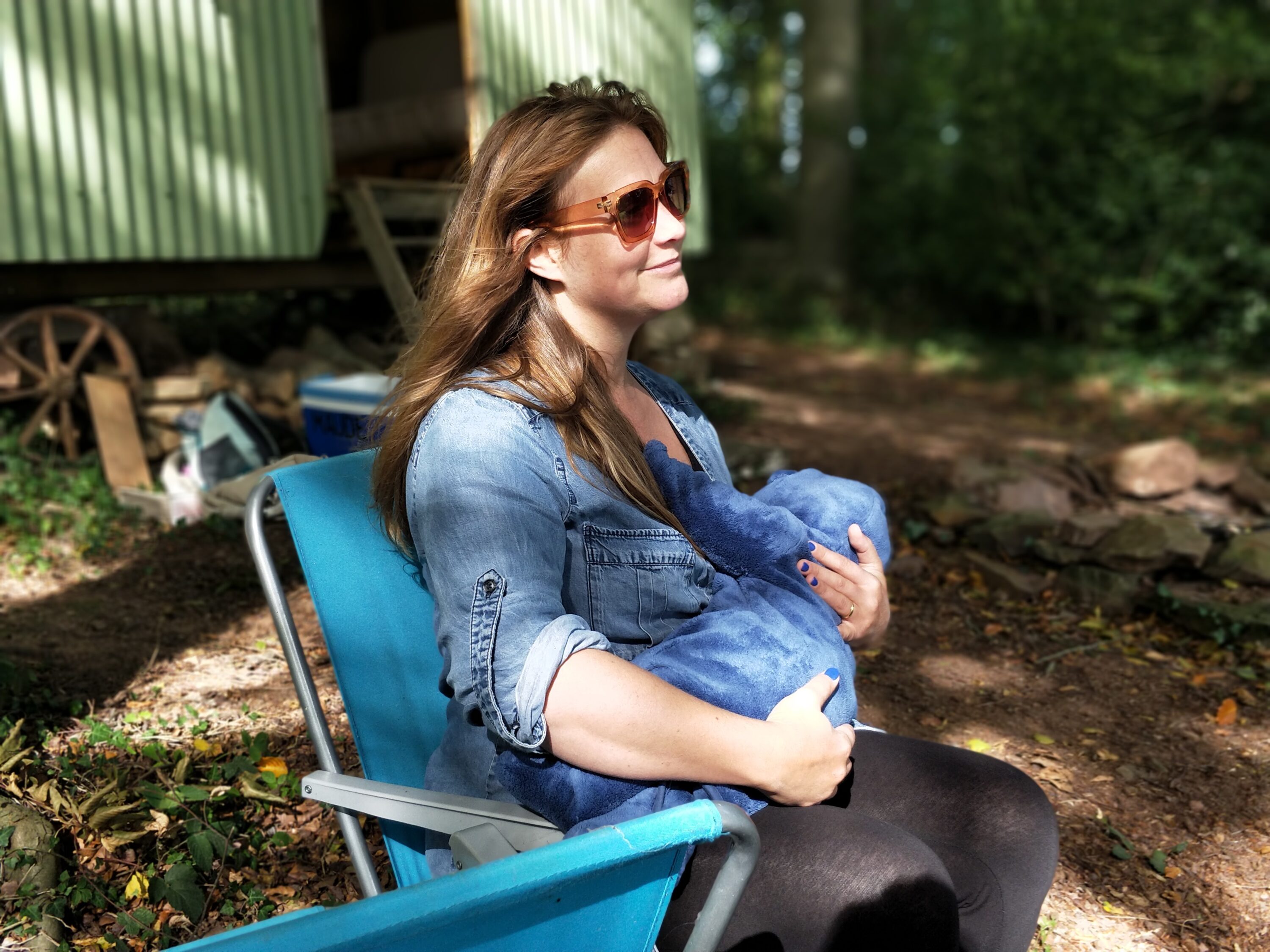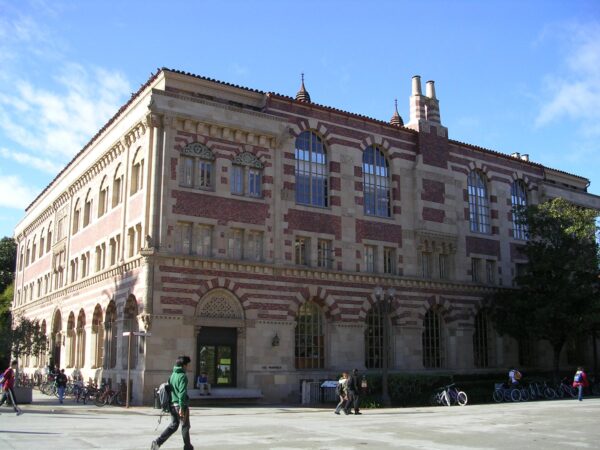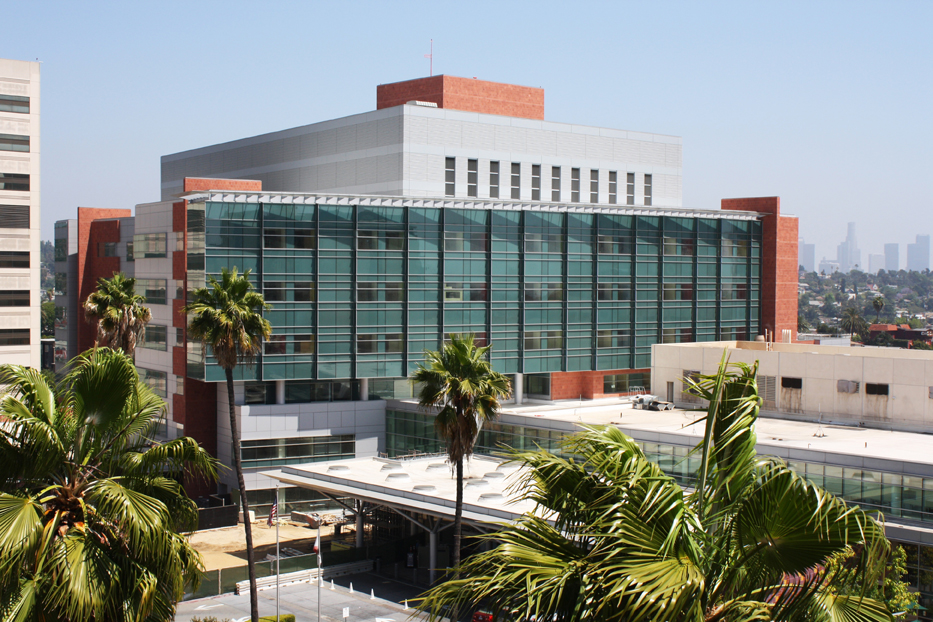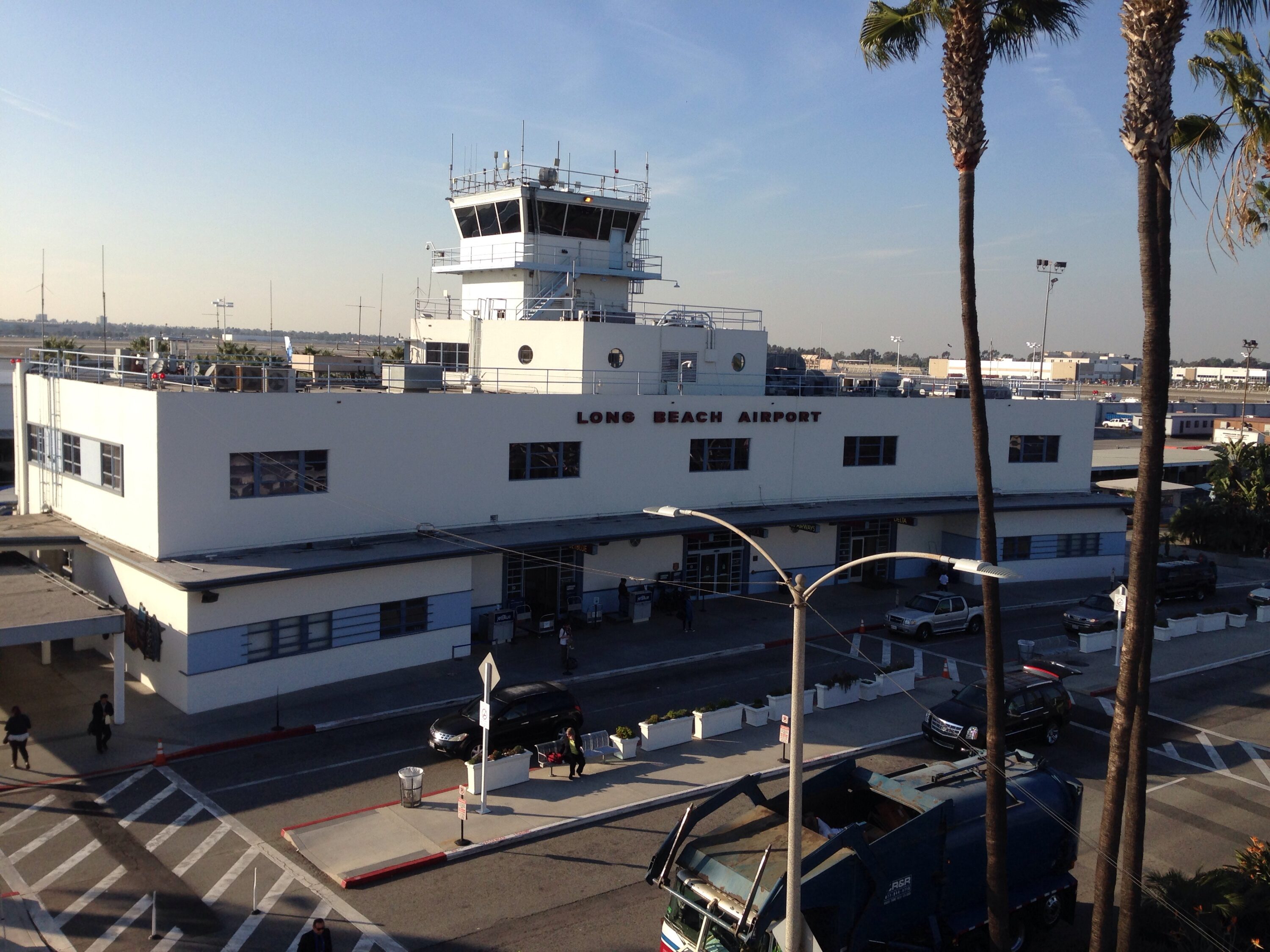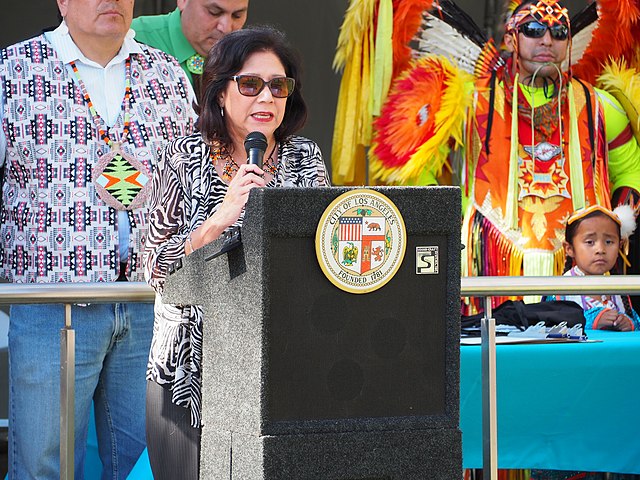A federal judge Monday denied a bid by Jose Huizar to suppress evidence that the former Los Angeles city councilman was removed from a Las Vegas casino after refusing to reveal the source of tens of thousands of dollars of gambling money he was using when he was identified as an elected city official.
During a lengthy hearing to discuss pending motions, U.S. District Judge John Walter rejected efforts by Huizar’s attorney to show that an affidavit used to obtain a search warrant resulting in the seizure of more than three years of Huizar’s emails and other documents was overly broad and otherwise faulty. It was one of several defense motions denied by the judge.
In addition, Walter indicated he wants to extend the Huizar trial date from May to Oct. 18. Trials for certain co-defendants could take place earlier depending on the judge’s ruling on severance.
Finding that the affidavit discussed in the first motion indicated “a fair probability of Huizar’s corrupt intent,” the judge determined that “it was more than reasonable to seek the evidence in the subject’s email accounts.” The results would be admitted, Walter concluded.
The judge quoted from the 36-page affidavit sworn to by an FBI special agent that details evidence from a variety of sources — including several witnesses, hotel and casino records, flight records — establishing that between 2014 and 2016, Huizar made eight gambling trips to Las Vegas with a billionaire Chinese developer alleged to have business in his council district.
Huizar, the central figure in a six-year probe of suspected corruption in City Hall politics, and his associates were allegedly involved in a $1.5 million pay-to-play scheme in which real estate developers were shaken down for cash and campaign donations in exchange for help getting building projects through the city’s approval process.
Defense attorneys contend that Huizar’s only crime was acting as an “evangelist for robust development” whose mission as representative of Council District 14 was to bring hotels, apartments, jobs, tourism, and entertainment to the city’s downtown, according to court filings.
Huizar’s federal public defense attorney, Charles Snyder, alleged there were errors in the government paperwork used to obtain the primary search warrant, and asked Walter to schedule a special hearing to determine if the agent lied in the affidavit. The judge denied the request.
Huizar, who represented downtown L.A. and was the chairman of the Planning and Land Use Management Committee, has denied all allegations.
The affidavit states that on the ex-city councilman’s fifth trip to the Palazzo casino with co-defendant Wei Huang, president of a global development company headquartered in China, casino staff detected “suspicious activity between the two and provided evidence of that suspicious activity to the FBI.”
The evidence included surveillance footage of Huizar gambling with Huang and two other co-defendants in a “high-end gambling salon reserved for high rollers” and sharing Huang’s casino chips, according to the affidavit.
Additionally, gaming records show that Huizar played and ultimately cashed in tens of thousands of dollars in chips that he did not purchase, and hotel records indicate that the developer gave Huizar private jet transportation and luxury accommodations, prosecutors allege.
The documents include references to the observations of Palazzo employees, some of whom described their interactions with Huizar when they confronted him and asked him to sign documents intended to confirm that, as an elected official and “politically exposed person,” he had an “independent source of wealth sufficient to demonstrate that he was gambling with his own money.”
Huizar refused to sign the documents, giving the impression that he was trying to “stay under the radar,” and was escorted out of the gaming area for failing to provide information “to allay the casino’s suspicions that he was engaging in corrupt activity on its premises,” prosecutors allege.
He left more than $14,000 in chips on the table, which Huang then used to continue gambling, according to a witness quoted in court papers.
In addition to the Palazzo trips — which the affidavit notes ended after the hotel’s compliance staffers identified Huizar and asked him to certify the source of his gambling money — prosecutors allege that Huizar accompanied Huang on three subsequent gambling trips to different Las Vegas casinos.
It is also alleged that Huizar used his mother’s and brother’s bank accounts to launder bribe payments that he received from Huang and another person, according to the government.
Attorneys for Huizar argued that 39 months of personal emails held by the government as evidence in the bribery case against the ex-councilman should be suppressed because the seizure violated his constitutional rights.
Defense lawyers said that in July 2016, as part of the early days of the bribery investigation, the government applied for and received the warrant to search Huizar’s personal emails, but the affidavit “lacked probable cause” and provided no basis for obtaining the emails.
During the nearly four-hour hearing, Walter found no grounds to suppress the affidavit or the evidence that resulted from the search warrants.
Huizar’s lawyers previously argued that the bribery case against the ex-councilman should be tossed because the alleged conduct does not violate laws cited in the 41-count federal racketeering indictment.
In the indictment, prosecutors confuse favors as bribes, deem that First Amendment-protected contributions are crimes, and treat “virtually everything that Huizar did as an `official act’ no matter how informal or disconnected from government power,” according to a defense motion.
The federal probe ensnared lobbyists, developers such as Huang, and political operatives, including former city official Raymond Chan. Formerly the general manager of the Los Angeles Department of Building and Safety, Chan was, more recently, the city’s deputy mayor of economic development.
The defense argues that Huizar and Chan saw it as their responsibility to bring development and businesses to downtown Los Angeles. Partly as a result of their work, “the region became a livable and attractive destination for locals and tourists alike. During this period, nearly everyone in Los Angeles talked or heard about how much downtown had improved.”
Co-defendants George Esparza, Huizar’s former special assistant, real estate development consultant George Chiang, and fundraiser Justin Kim each pleaded guilty in 2020 to federal charges.

